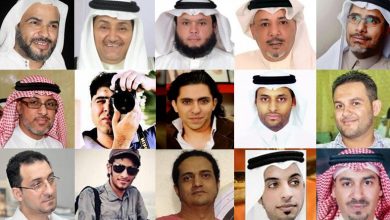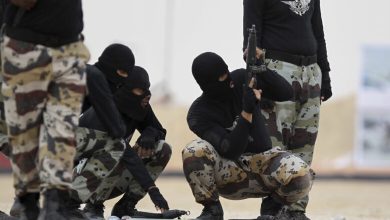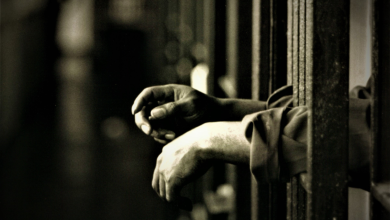Over 28,000 women apply for 30 train driver jobs

A job advertisement for 30 female train drivers in Saudi Arabia has attracted 28,000 applicants, highlighting pent-up demand as the conservative Kingdom opens more opportunities for women.
Spanish railway operator Renfe said an online assessment of academic background and English language skills had helped it cut the number of candidates by about half, and it would work through the rest by mid-March.
After a year of paid training, the selected 30 women will drive express trains between Mecca and Medina.
Renfe, who said she is keen to create opportunities for women in her local businesses, currently employs 80 men to drive its trains in Saudi Arabia and has another 50 under instruction.
Until recently, Saudi women’s job opportunities were limited to roles such as teachers and medical personnel, where they had to adhere to strict gender segregation rules.
Women were not allowed to drive in the Kingdom until 2018.
Female participation in the workforce has nearly doubled in the past five years to 33 per cent amid a drive to open up the Kingdom and diversify the economy, and women are now beginning to take up jobs previously restricted to men and migrant workers.
But the percentage of working women in the Kingdom is still less than a third of the percentage of men in the third quarter of last year, at 34.1 per cent, and female unemployment was three times higher than that of men, reaching 21.9 per cent cent.
Saudi Arabia is highlighting progress on gender issues at a time when its human rights record has been scrutinized in the West, including the crackdown on dissent that killed dozens of women’s rights activists and the 2018 murder of journalist Jamal Khashoggi.
The European Saudi Organization for Human Rights had previously confirmed that the Saudi regime escalated its persecution of women in the Kingdom during the first half of 2020.
In a report, the organization indicated that the Saudi government continued to detain 48 women distributed in 5 prisons, according to the statistics of the European Saudi Organization for Human Rights, including activists and human rights defenders, in light of flawed trials to far borders, and subjecting them to various types of torture and ill-treatment.
This statistic concerns women detainees for political reasons and does not include detainees with criminal justifications, and the organization believes that these numbers are more than what was counted.
The Saudi government has doubled its appetite since 2018, in particular, to arrest women, through a campaign of arrests that targeted many prominent human rights defenders and activists, including Loujain Al-Hathloul, Maya Al-Zahrani, Nassima Al-Sadah, Samar Badawi, Nour Al-Muslim, Hatoon Al-Fassi, Iman Al-Nafjan, Aziza Al-Youssef, Hessa Al-Sheikh, Madiha Al-Ajroush, Walaa Al Shubr, Nouf Abdel Aziz, and others.
The arrests campaign came within the context of targeting and persecuting women in the Kingdom. The organization’s statistics showed an increase in arbitrary arrest numbers in recent years, especially since King Salman bin Abdulaziz came to power. The arrest of 87 women was documented, while the organization believes that the number is greater.
Despite the secrecy exercised by the Saudi government in various cases of violation, including the file of female detainees, especially women human rights defenders and activists, the organization has monitored the continued detention of 48 women currently, most of whom are in political prisons.
The detainees are currently distributed to Dhahban Prison in Jeddah, Al Tarfiya Prison in Al Qassim, Al Ha’ir Prison in Riyadh, the Investigation Prison of Dammam, and Shaar Prison in Asir.





